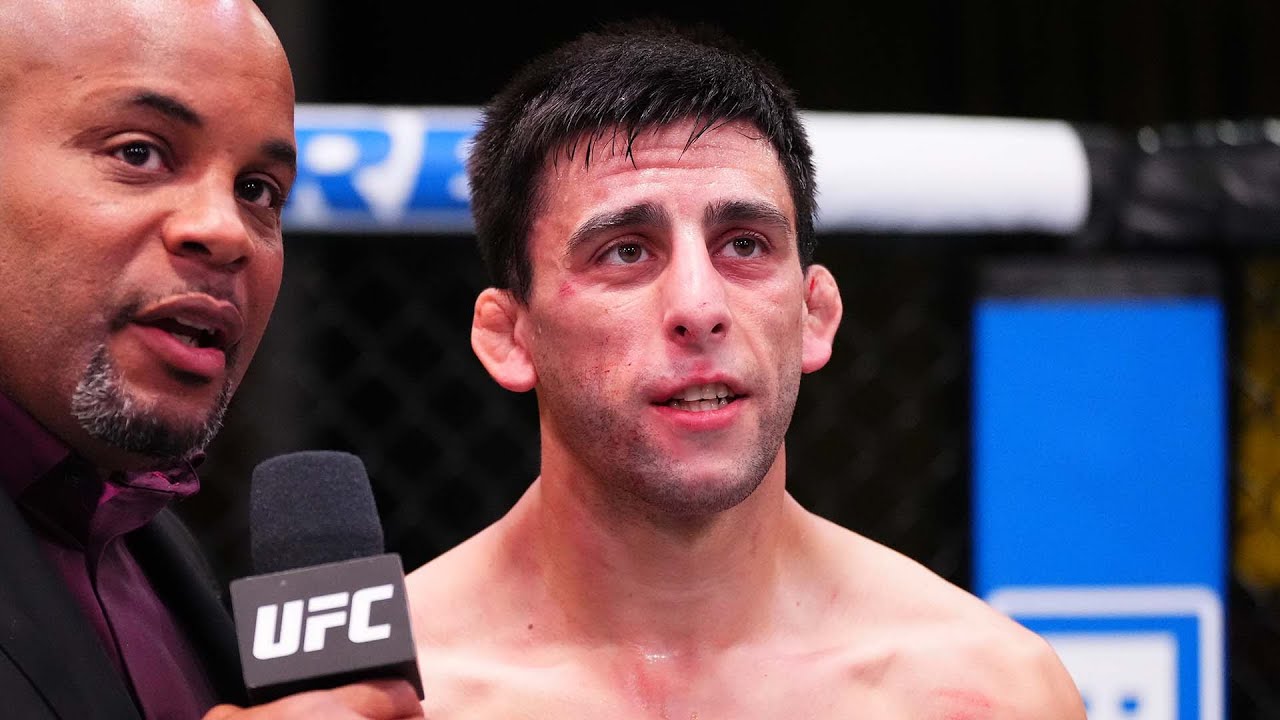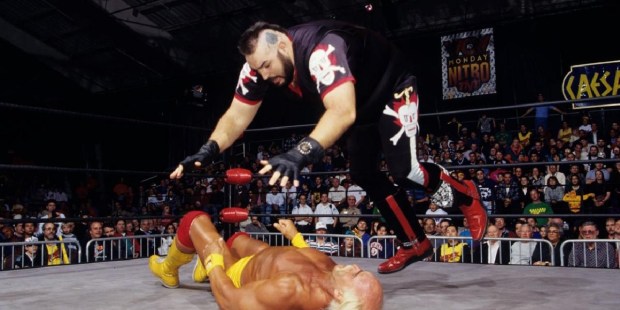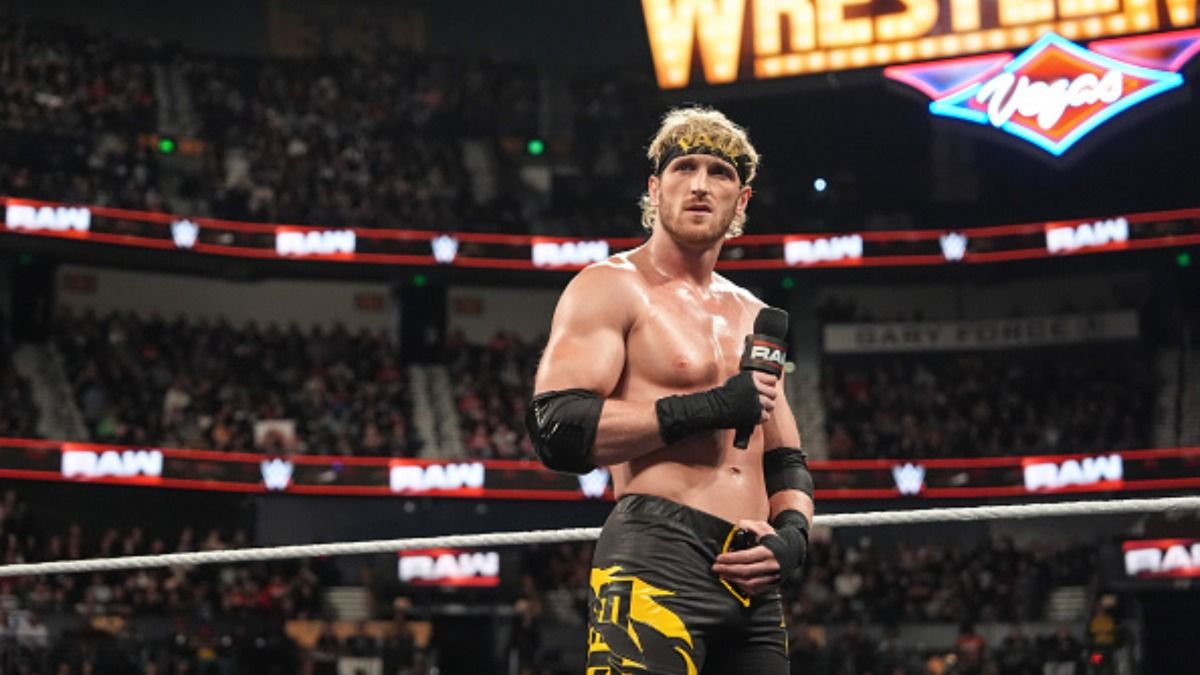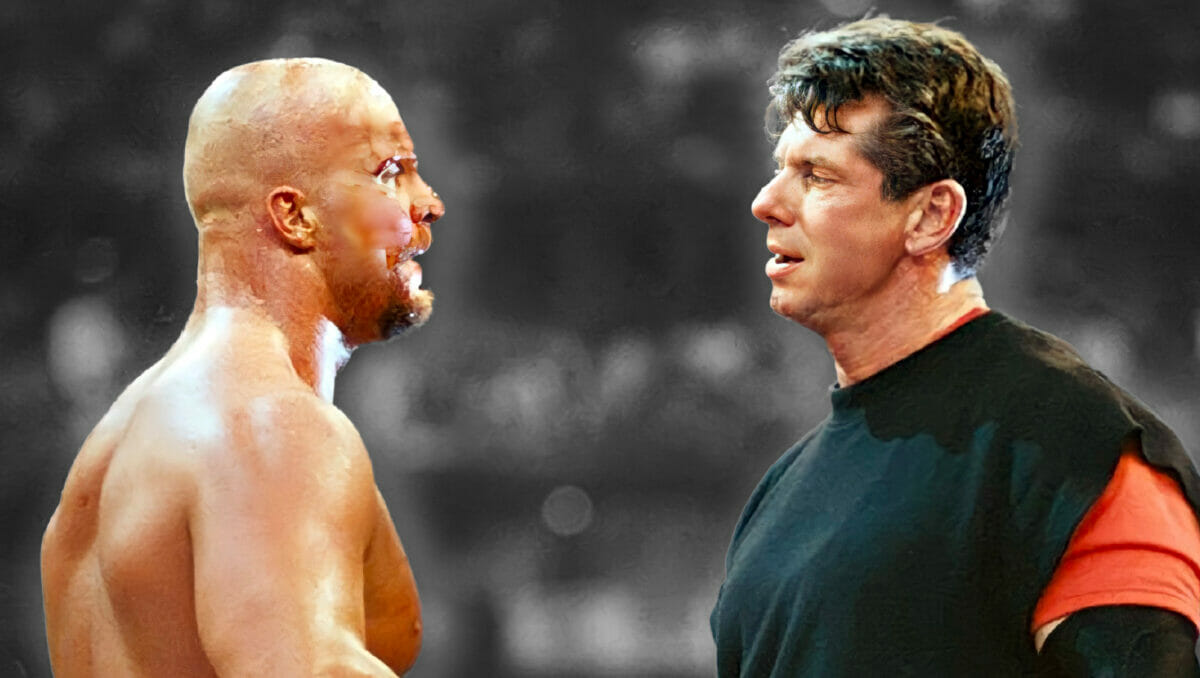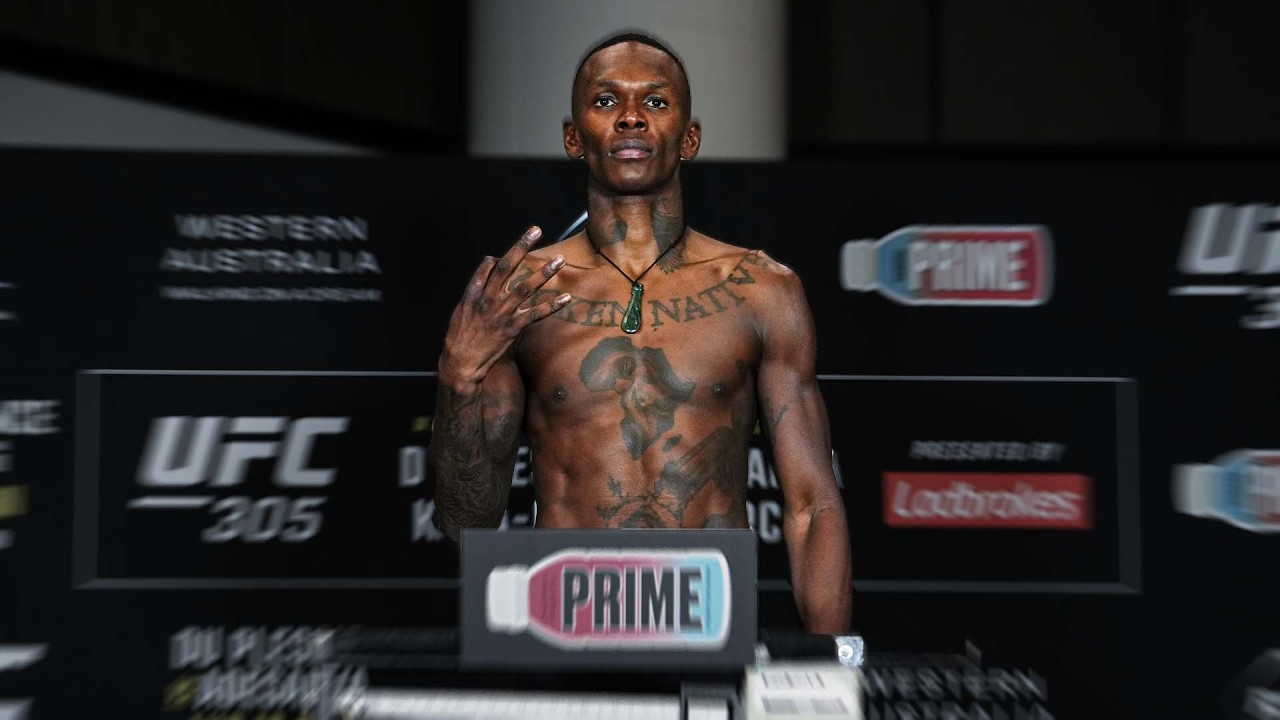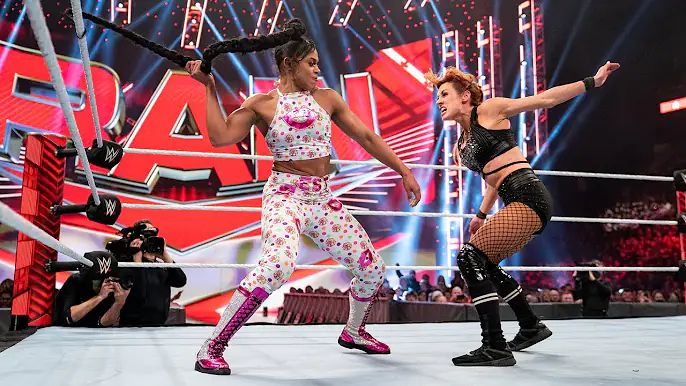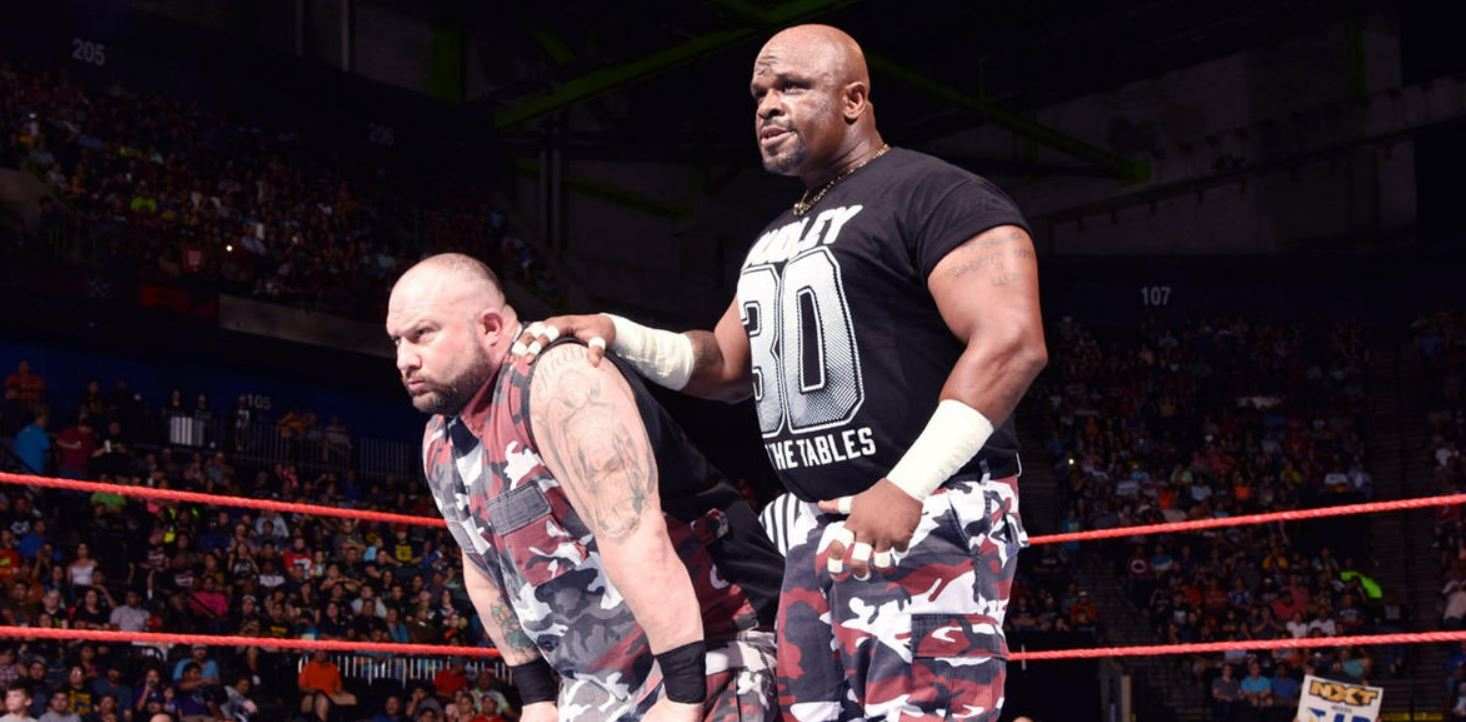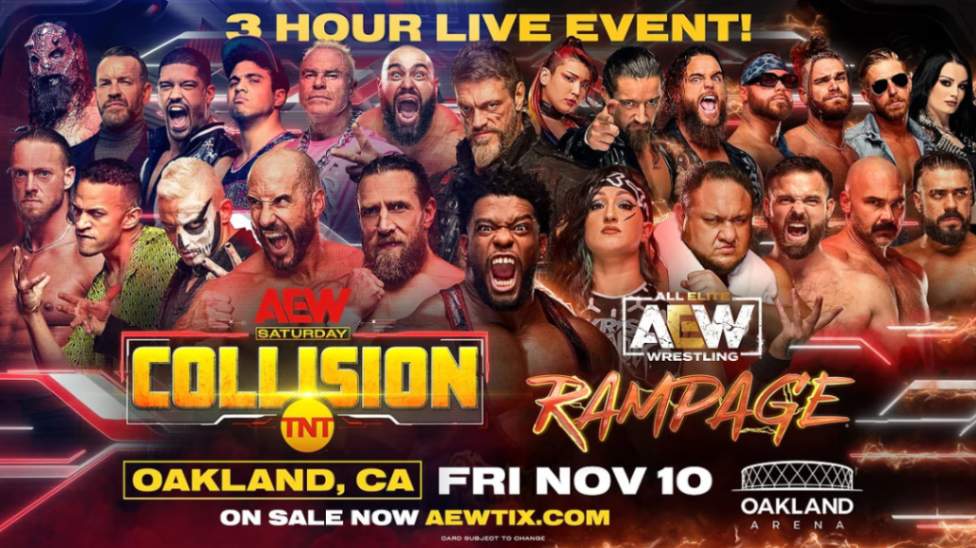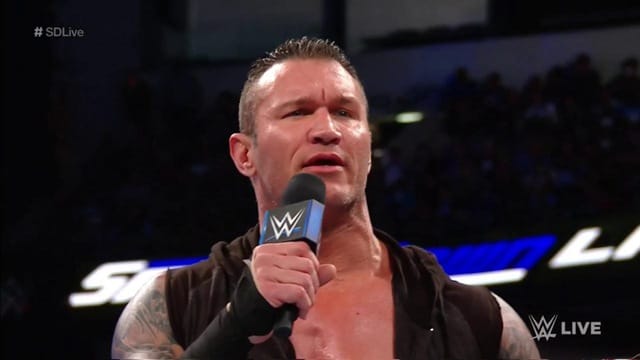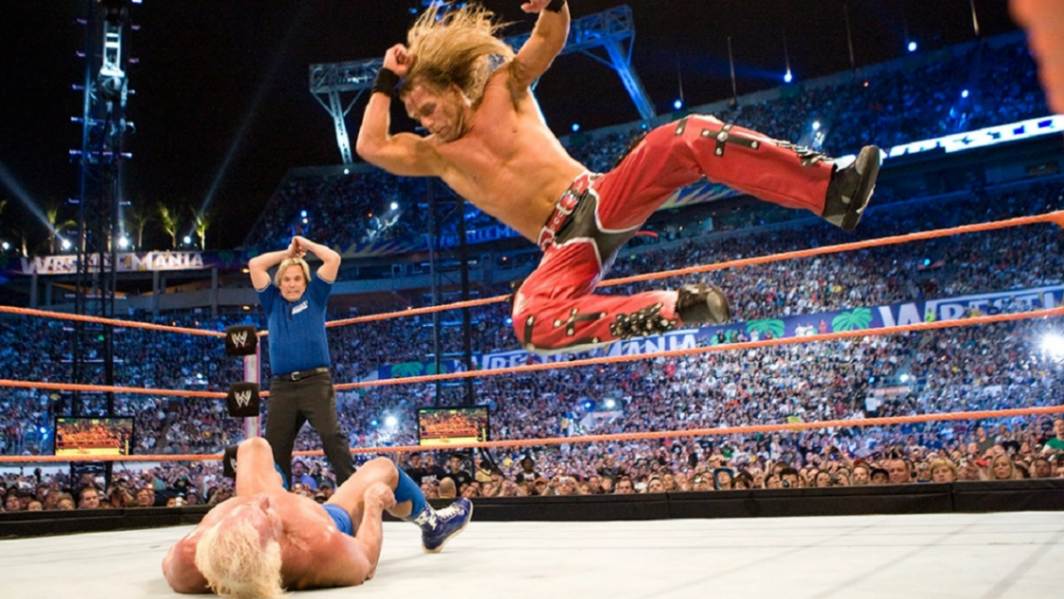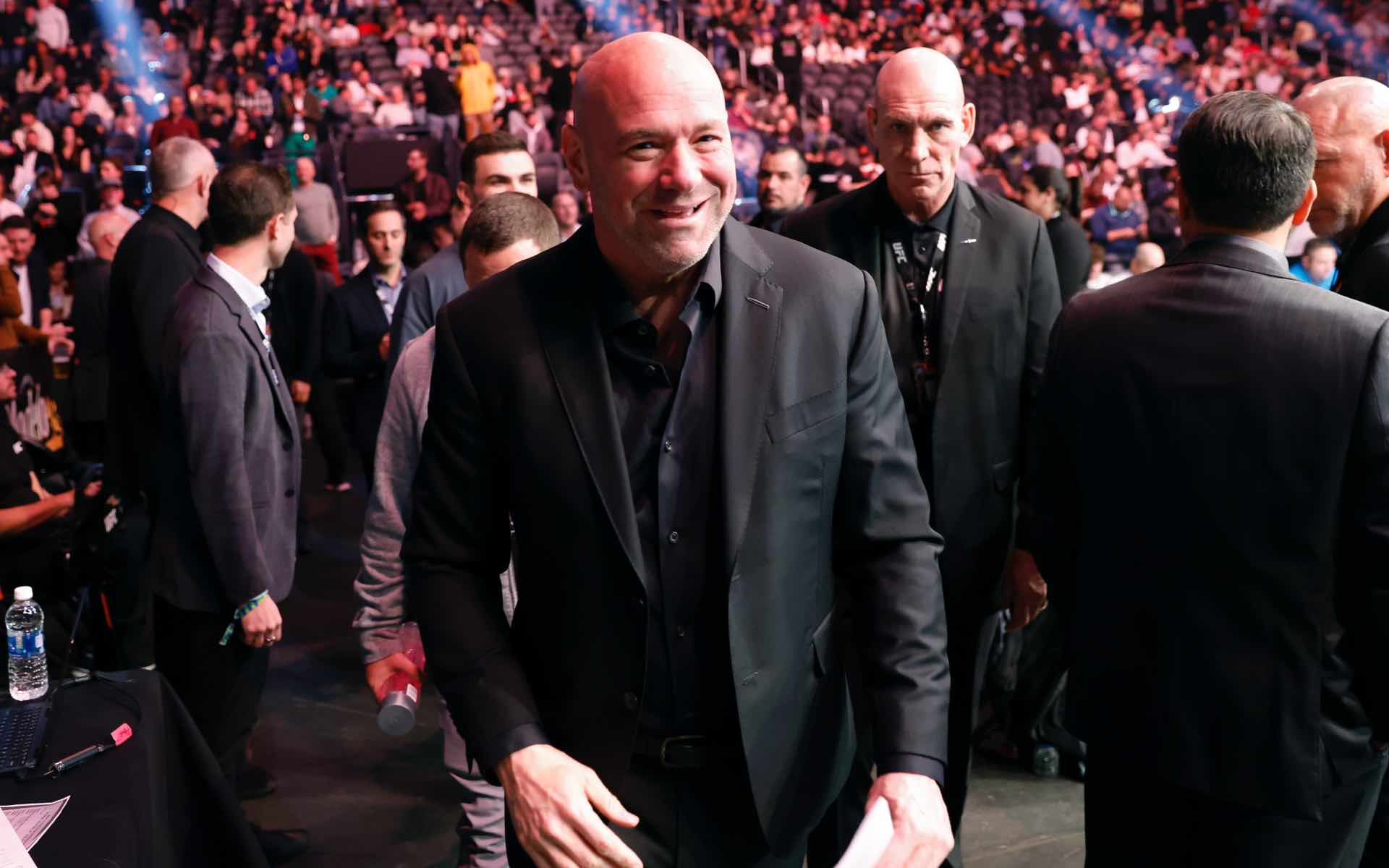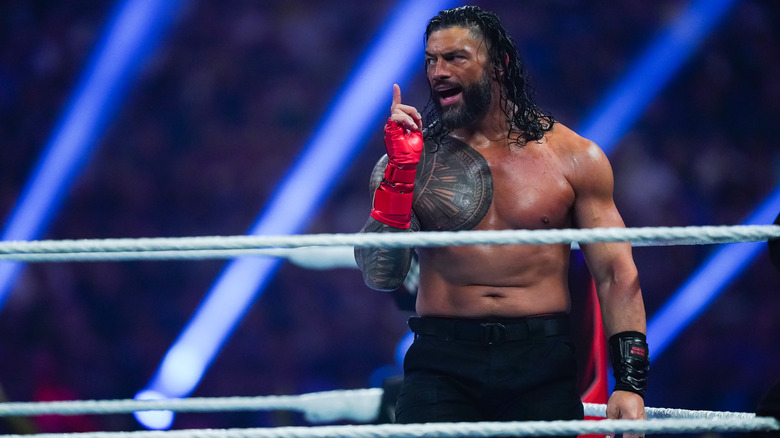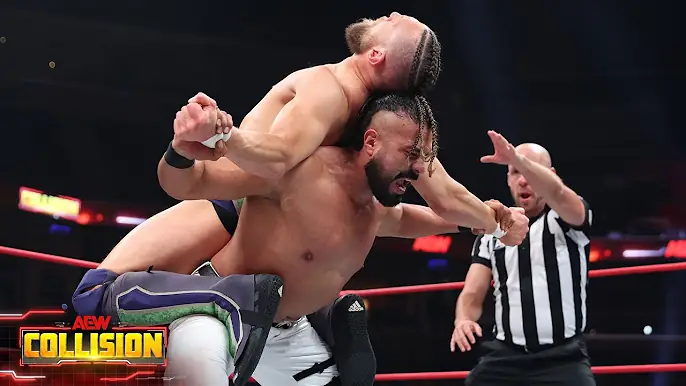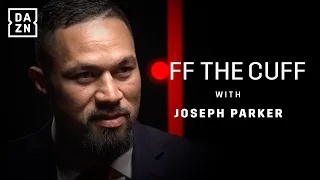How Fighters Stay Mentally Strong After Devastating Losses
MMA is one of the most challenging and energy-consuming sports in the world, both physically and mentally. MMA practitioners risk their health and wellbeing each time they enter the cage to compete against their counterparts and other challenges such as pressure and expectations as well as fear of losing. In such a high-stakes environment, losses are expected, and some losses are very damaging. Fighters end up doubting their skills, careers, and future. But how do fighters psychologically come back from such devastating losses and be able to sustain the mental strength to go back and fight again at the elite level?
The psychological aspect of MMA is as significant as the physical one, and the ability to recover from a loss is a great example of psychological endurance. Although every fighter’s experience of going through hardship is different, there are several typical approaches and attitudes that keep fighters psychologically fit after they have been knocked down. The strategies are as follows: acceptance of the loss, personal change, support, perspective, and inspiration from the loss.
Accepting the loss and moving forward to gain from the loss
The first thing anyone has to do to maintain a healthy psychological state after a loss is to acknowledge the defeat and not to run away from it or to deny it. In combat sports, there are losses, and no fighter is invincible; even the legends of the UFC have had their share of defeats. Unlike other forms of business where people see the loss as a permanent way of doing things, many fighters consider it a way of learning.
MMA champions such as Georges St-Pierre and Anderson Silva have both had their share of losses in their careers, but they agree that one has to learn from a loss. St-Pierre, considered to be one of the best MMA fighters of all time, was also stripped of his UFC welterweight belt in an upset defeat by Matt Serra in 2007. Instead of letting the loss become his identity, St-Pierre made it a point to turn that defeat into something productive. He changed his training, corrected the mistakes he made, returned a better fighter to regain his title, and then defended it for years.
Accepting the loss enables fighters to analyze what went wrong, if it was a technical mistake, lack of concentration, or poor preparation. In this way, they are able to learn from their mistakes and try to fix them the next time they get into a fight, and thus are able to return to the fight arena as stronger fighters. This process needs a positive attitude, or what is known as a growth mindset, that is, the notion that skills are not inherent but can be cultivated through perseverance. The athletes who have this attitude realize that defeat is not the end of the world, and the worst thing is when you do not make use of the experience that comes with it.
Focusing on Self-Improvement
A devastating loss can lead to self-doubt, but many fighters overcome this by focusing on the things they can control: their employability skills, training for a particular job, and attitude. In a fight, it is easy for the fighters to focus on the losses they incurred and allow it to demoralize them. Nonetheless, those fighters who are able to regain the concentration on improvement are always the ones who come back stronger.
For instance, Anderson Silva could have become a victim to his recent knockout by Chris Weidman and allowed that to ruin his career. Still, Silva decided to be more positive and concentrate on the possibility of coming back to the sport he liked. While Silva’s record later turned to be more of a loss, one could not help but appreciate his desire for constant improvement and growth as a martial artist.
Stars like Dominick Cruz, who has had many losses and multiple injuries in his career, has time and again emphasized that the key to improvement is in honing marginal gains during training. Cruz had been in a situation where he had to make a comeback from the long layoff and losses, but he has always gone into such situations with the belief that every day is a day added to improve. Therefore, the energy spent on self-improvement as opposed to the past serves as a way of keeping the fighters in charge of their lives and careers.
The Case of Building a Strong Support System
The stamina required for the fighter to come back and make a comeback after a disastrous defeat is derived from the support system. People who are close to the fighters, such as coaches, teammates, family, and even fans, can come in handy in motivating the fighters and bringing back confidence. The lifestyle of MMA may lead to the fighter being alone, and they may feel lonely, especially when they lose, but those with family support will not be affected much.
A lot of fighters discuss the role of a coach as not only being a mentor that teaches them how to move on the mat and deliver a punch but also someone who reminds them to be cheerful. Daniel Cormier, a former two-division UFC champion, relied on his trainer, Javier Mendez, as well as his family to get through his second defeat to Stipe Miocic. Even if the fight was a defeat, Cormier was mentally prepared and fought one more time before hanging his gloves and the importance of having a team that supports you when the results are not positive.
This is especially so for fighters who depend on their fellow fighters to hold them up, as this gives them the morale boost of teamwork. MMA training camps are not always easy, and fighters tend to have each other’s backs and challenge each other. It is always helpful to have teammates that know the physical and emotional demands of the sport to give a fighter the motivation to get back up again. They also foster camaraderie through victories and losses—something that could boost the morale of a fighter after he or she has experienced a loss.
Keeping an Eye on the Big Picture
One can feel that it is the end of the world after suffering a devastating loss, but fighters who are able to keep their eyes on the prize are likely to find it easier to get back on track mentally. MMA careers are typically long, and there are plenty of highs and lows in a fighter’s career, and most of them will have their share of losses. However, those that can look at the big picture and see their losses as being part of a much bigger picture than just the loss they have incurred are less likely to be put off by a single loss.
Most fighters realize that MMA is not a one-fight sport but rather a long-term game. Defeats in a person’s career do not determine the trajectory of his or her career; how the fighter approaches the defeats does. Such examples include Dustin Poirier, who has been defeated severally in his early fights but did not quit. In due course, Poirier was getting better, shifting to another category of weight and gradually climbing the ladder to become one of the best fighters in the lightweight division. His tenacity, along with his ability to look at the big picture of his career, led him to new heights, winning over the top competition and a shot at the UFC lightweight championship.
It also means that those fighters who have long-term perspectives are also able to overcome the psychological pressure of the failure. They know that the defeat is inevitable and that every bout is a chance to progress and add to their story. Thus, the concept of goals helps fighters to remain mentally strong and motivated, not thinking about the failures that have happened in the short term.
Finding Motivation in Adversity
The challenges that are associated with fighting usually help fighters to come up with their best performance. It is true that some of the best stories in the history of MMA have been brought about by a fighter’s desire to make a statement after a bad loss. Those who bounce back from their defeats and losses, take the pain, go through rigorous training, and set new boundaries for themselves mentally and physically are the champions.
Randy Couture, a former UFC heavyweight and light heavyweight champion, has experienced many losses in his career but never allowed the losses to defeat him. However, what Couture did was to use each loss as motivation to work even harder to come back to the ring. This was after he lost his heavyweight title to Josh Barnett in 2002; he moved down to the light heavyweight and won a title in that division and still fought competitively for almost a decade. It is interesting to note that Couture learned to get the extra motivation out of the adversity, which turned into one of the major characteristics of the fighter’s career.
Likewise, the current UFC lightweight champion, Charles Oliveira, who lost his first professional match to Conor McGregor in 2016, also gained new motivation. He went on to achieve quite an incredible run of victories against other contenders and finally the lightweight champion’s belt. Oliveira’s ability to come back and continue fighting after his defeat to McGregor is a good example of how fighters can leverage adversity.
Building up Mental Strength in Everyday Practice
MMA fighters have to train and be disciplined to be mentally strong. It can also be seen that those who stick to their normal daily activities, whether it is training or diet or some mental preparation, seem to be in a better position to remain focused when they have been defeated. Order is structure and normality, and this is why routine is often essential when a team has suffered a crushing loss.
The resilience that fighters have to build through regular training enables them to remain humble when things do not work in their favor in the ring. Some of the mental training activities that are common among the fighters include visualization and meditation, among others. They use these practices to develop their capacity to cope with difficulties in the long run so that they can approach the difficulties calmly and cohesively.
For instance, Rose Namajunas, who is a former UFC strawweight champion, incorporates meditation and visualization as part of her pre-fight training. When she lost her title to Jessica Andrade in 2019, Namajunas stepped back, took some time to recover, and got back on track. She was mentally tough and came back to the Octagon for avenging her title against Andrade again. Namajunas’ routine and self-reflecting process enabled her to build mental strength, which led her back to the top of her weight class.
Conclusion
It is natural for fighters in the UFC to have their ups and downs in their career, but those who remain mentally strong after a nasty loss are the ones who end up on the top. The mental resilience required to bounce back from defeat comes from a combination of factors: accepting change, personal growth, support from other people, keeping things in perspective, motivation in failure, and making oneself mentally tough through practice.
It is no secret that MMA requires a lot of physical toughness, but it also presents a lot of mental toughness as well. The few fighters who can deal with the emotional implications of a loss and keep on fighting are the ones who have the highest chances of attaining long-term success in the sport.
